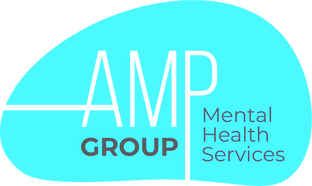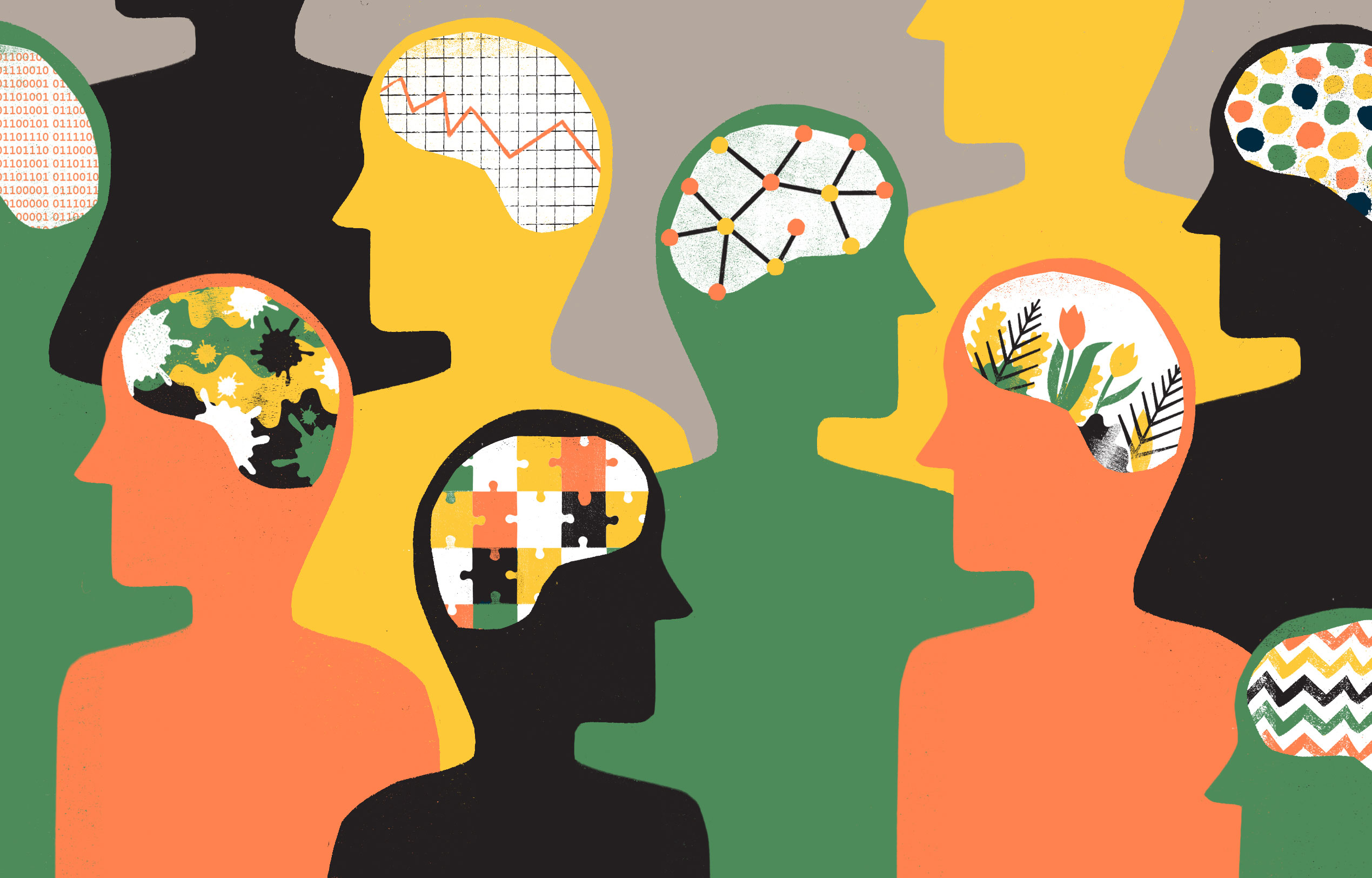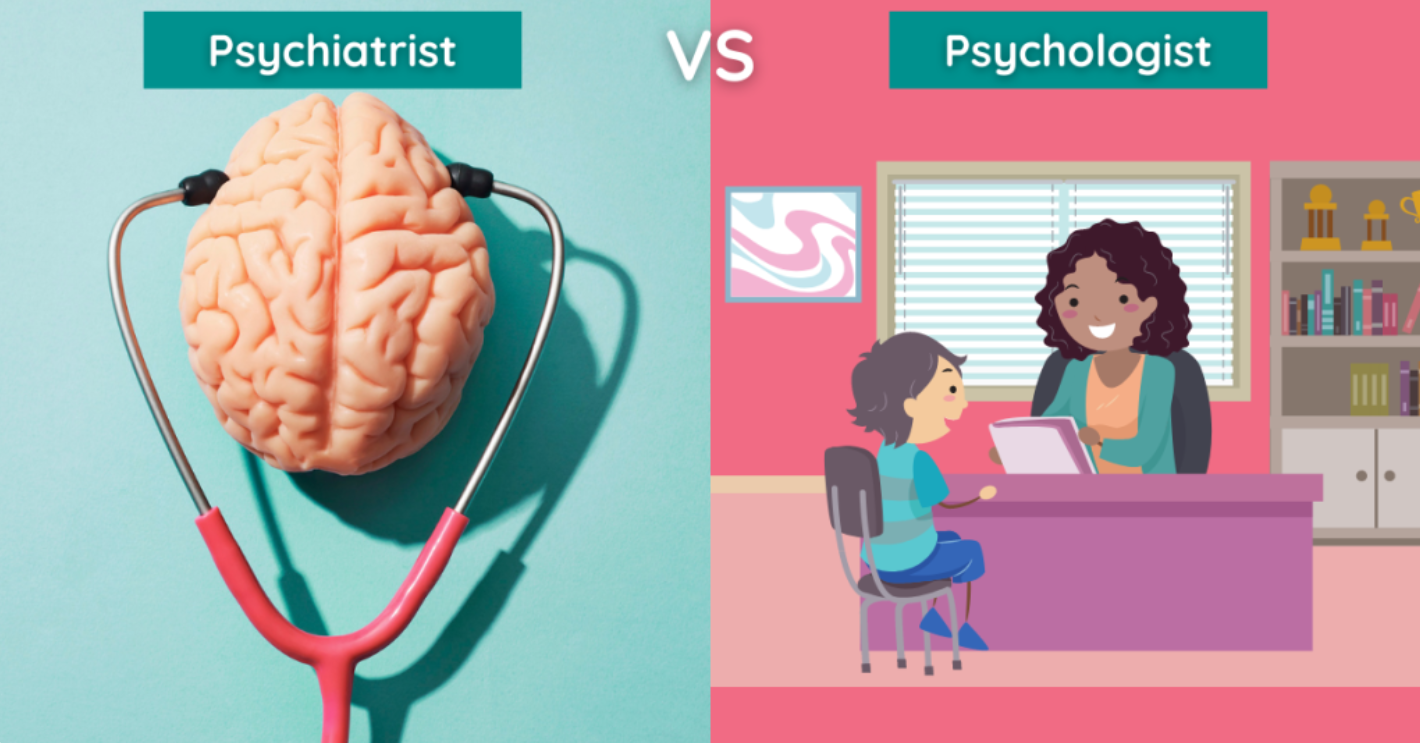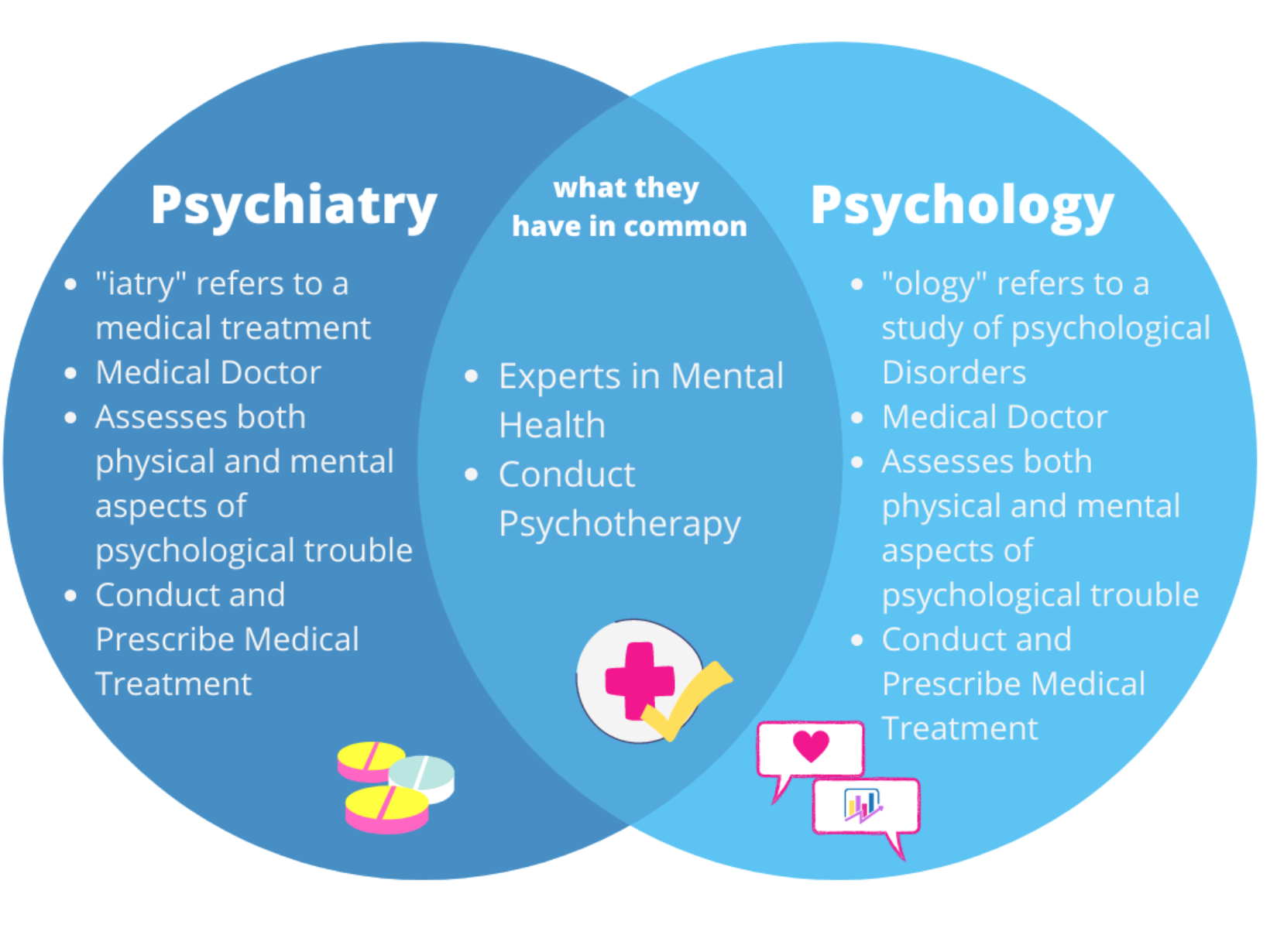Obsessive Compulsive Disorder (OCD)

At AMP Mental Health, we’re dedicated to shedding light on the complexities of OCD, offering insights into its manifestations, impacts, and avenues for effective management of Obsessive Compulsive Disorder Symptoms.
What it is: Obsessive Compulsive Disorder, often referred to as OCD, is more than just a penchant for cleanliness or organization. Obsessions are intrusive, unwanted thoughts, images, or urges that create intense distress, while compulsions are repetitive behaviors or mental acts performed to alleviate the anxiety caused by these obsessions. The repetitive behaviors, such as hand washing/cleaning, checking on things, and mental acts like (counting) or other activities, can significantly interfere with a person’s daily activities and social interactions.
Many people without OCD have distressing thoughts or repetitive behaviors. However, these do not typically disrupt daily life. For people with OCD, thoughts are persistent and intrusive, and behaviors are rigid. Not performing the behaviors commonly causes great distress. Our providers at AMP Mental Health employ psychiatric treatment, therapy, and lifestyle design to treat OCD most effectively. Tackling the illness from all angles results in the best quality of life for our patients.
SYMPTOMS of obsessive compulsive disorder
Obsessions are unfounded thoughts, fears, or worries. They happen often and cause great anxiety. Reasoning does not help control the obsessions. Common obsessions are:
- A strong fixation with dirt or germs
- Repeated doubts (for example, about having turned off the stove)
- A need to have things in a very specific order
- Thoughts about violence or hurting someone
- Spending long periods of time touching things or counting
- Fixation with order or symmetry
- Persistent thoughts of awful sexual acts
- Troubled by thoughts that are against personal religious beliefs
While you may know that the thoughts are unreasonable and not due to real-life problems, it’s not enough to make the unwanted thoughts go away.
Compulsions are repetitive, ritualized acts. They are meant to reduce anxiety caused by the obsession(s). Examples are:
- Repeated hand-washing (often 100+ times a day)
- Checking and rechecking to make sure that a door is locked or that the oven is turned off for example
- Following rigid rules of order, such as, putting on clothes in the same order each day, or alphabetizing the spices, and getting upset if the order becomes disrupted
Compulsive acts can become excessive, disruptive, and time-consuming. They may interfere with daily life and relationships.
People may avoid situations in which they might have to face their obsessions. Some try alcohol or drugs to calm themselves.
TREATMENT for OCD
Patients with OCD who receive appropriate treatment commonly experience increased quality of life and improved functioning. Treatment may improve an individual’s ability to function at school and work, develop and enjoy relationships, and pursue leisure activities.
Medication: anti-anxiety or anti-depressant (SSRIs) medications are often used to treat obsessive-compulsive disorder.
Therapy: Therapy is also effective in controlling the symptoms and thought patterns of OCD. The most effective type of treatment is Cognitive Behavioral Therapy (CBT) which we offer here at AMP Mental Health with our provider, Sandra Calzadilla.
Cognitive Behavioral Therapy (CBT) is a cornerstone in our approach to treating OCD. This structured therapy revolves around identifying and reshaping the distorted thought patterns driving your obsessions and compulsions. With the guidance of our experienced therapists, you’ll engage in collaborative sessions and targeted exercises to challenge negative beliefs, paving the way for healthier cognitive processes.
Mindfulness-Based Therapies:
Our repertoire includes mindfulness-based therapies, such as Mindfulness-Based Cognitive Therapy (MBCT) or Acceptance and Commitment Therapy (ACT). These approaches equip you with tools to manage OCD symptoms by fostering present-moment awareness. By cultivating mindfulness, you’ll learn to navigate obsessions and compulsions with greater ease, cultivating a healthier relationship with your thoughts.
BLOGS:
REQUEST AN APPOINTMENT
OUR OFFICE IS IN THE HEART OF MIAMI
1411 SW 22nd St
Miami, FL 33145
HEALING HOURS


